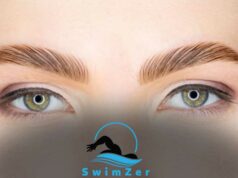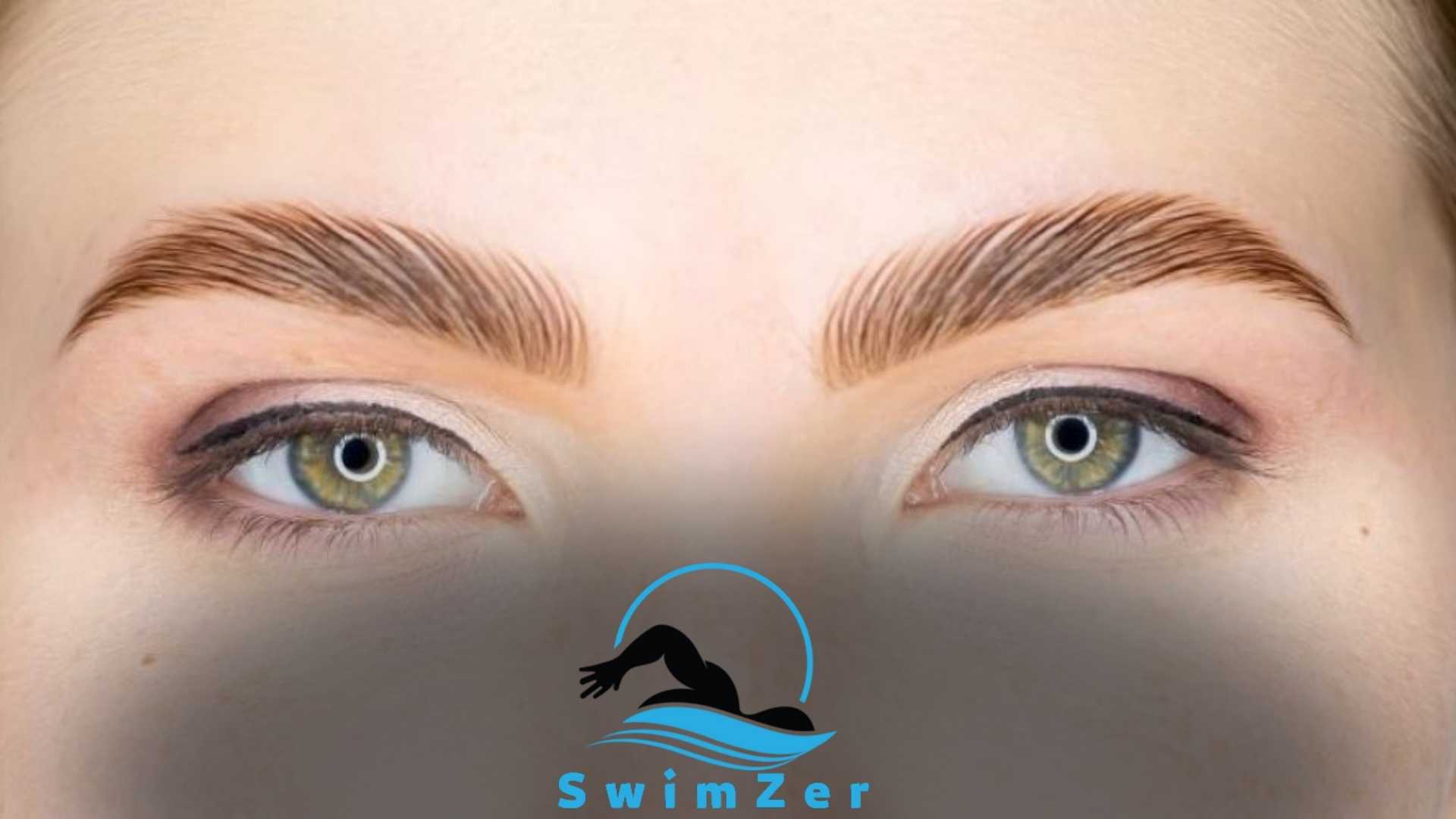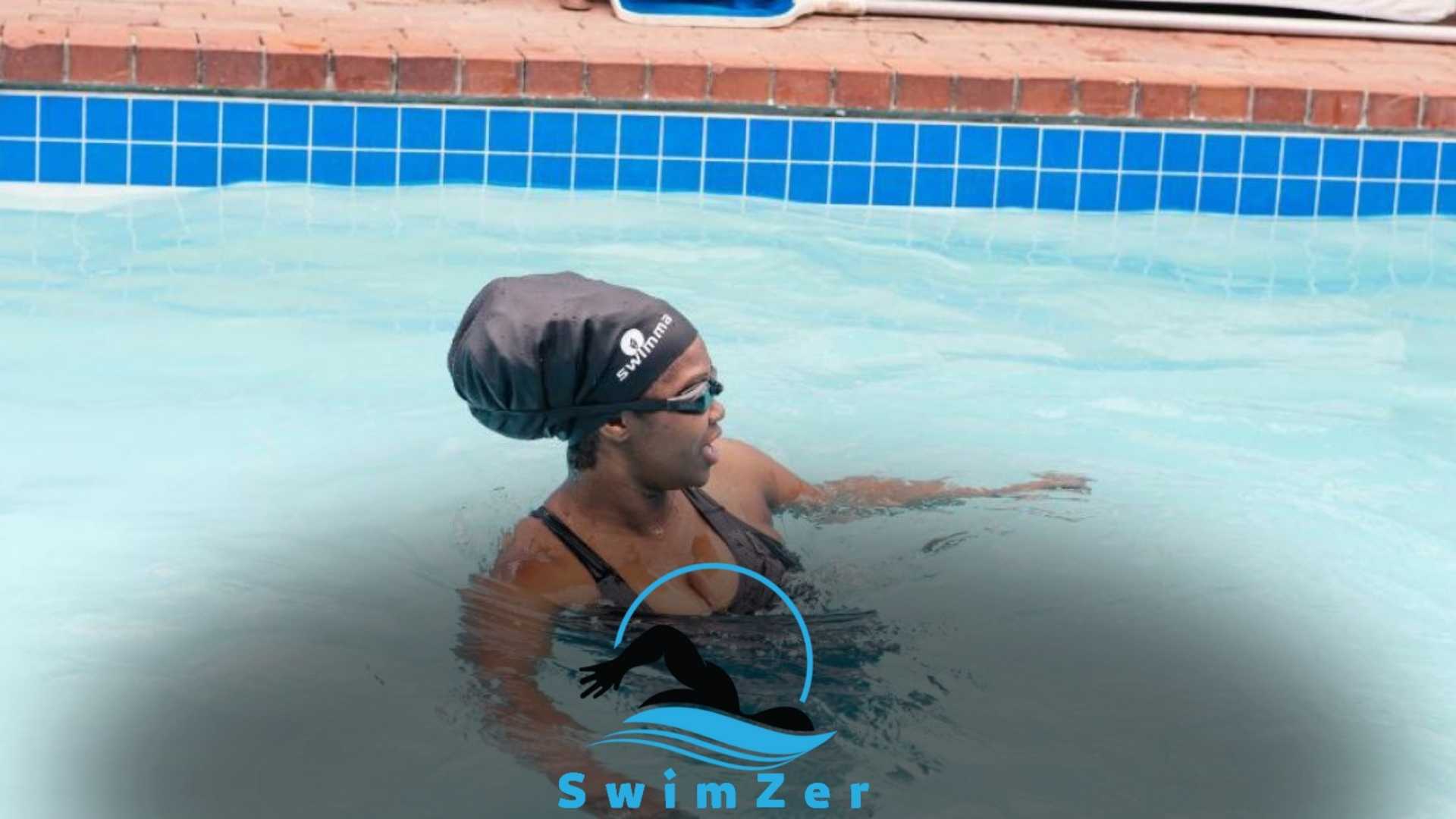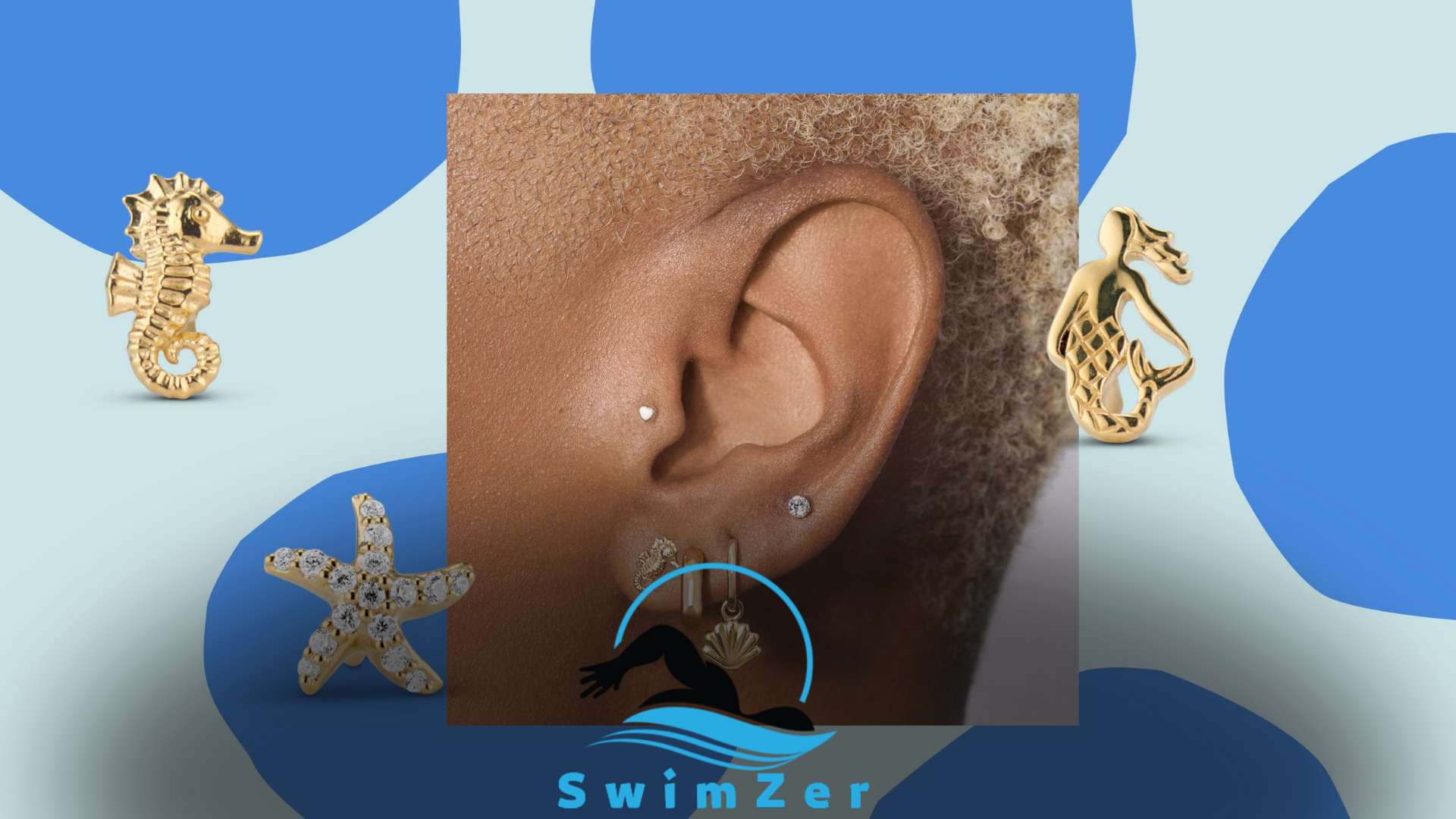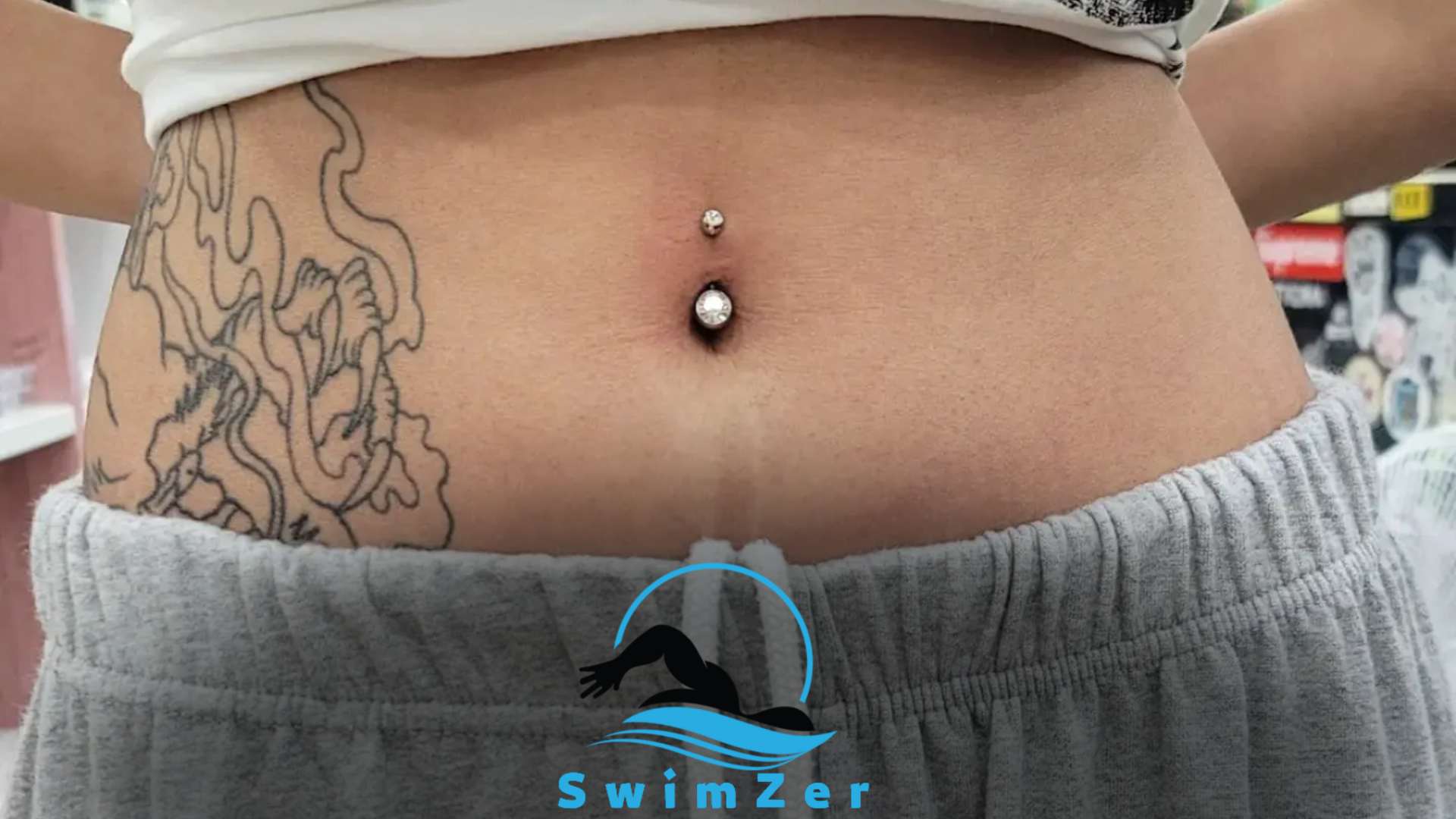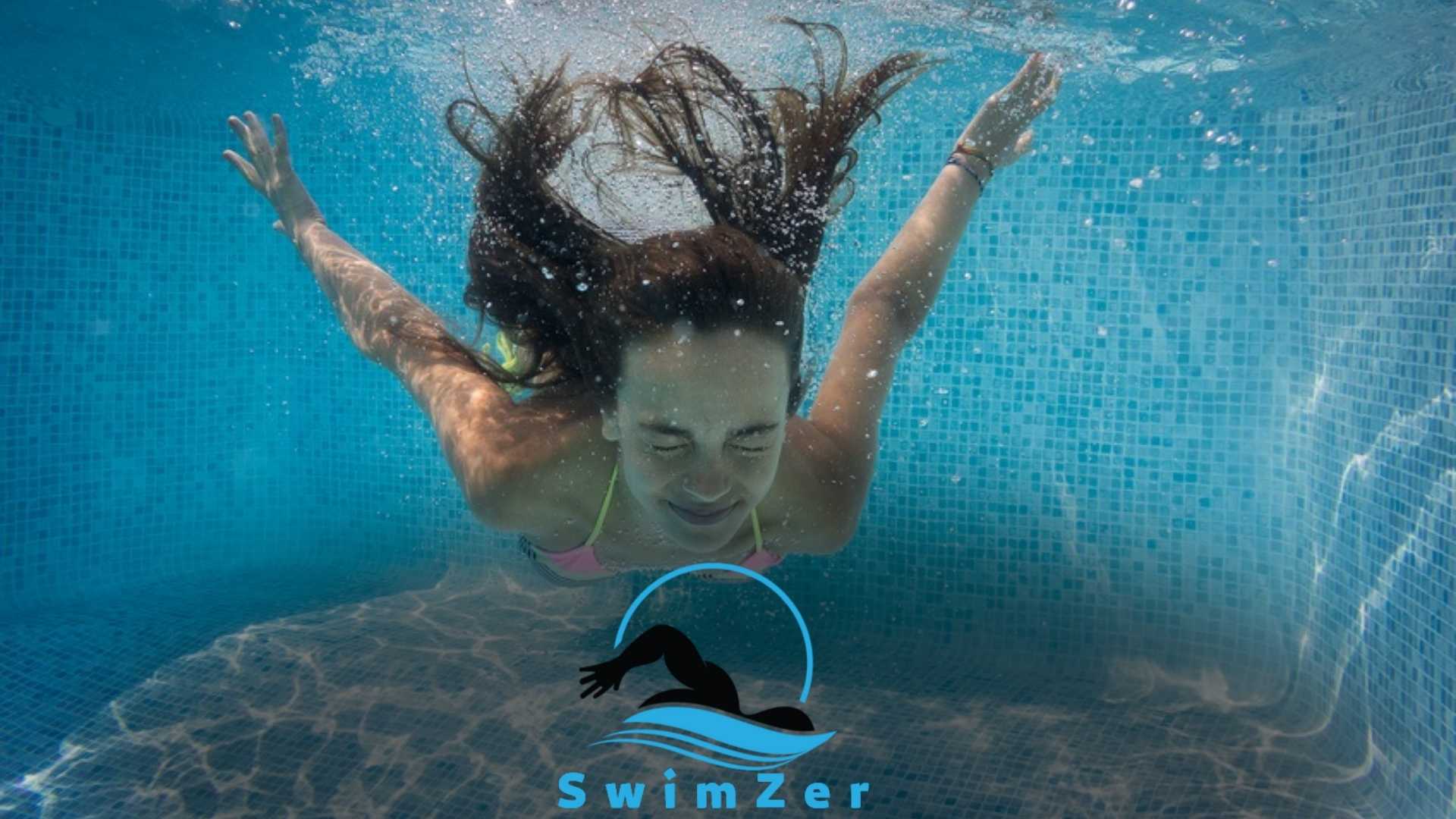Yes, it is generally safe to swim with a cochlear implant. However, certain precautions should be taken to prevent damage to the device.
Swimming is a popular and refreshing activity during the summer season. However, swimming can be tricky for those with cochlear implants, making people wonder if it is safe to wear their implants while swimming.
Generally, wearing the cochlear implant while swimming is secure, but protecting your device from potential risks is essential.
Cochlear implants are waterproof but can be prone to damage from water and humidity, leading to costly repairs or replacements.
This article will explore the precautions to take while swimming with a cochlear implant to ensure a safe and enjoyable swimming experience.
How Cochlear Implants Work
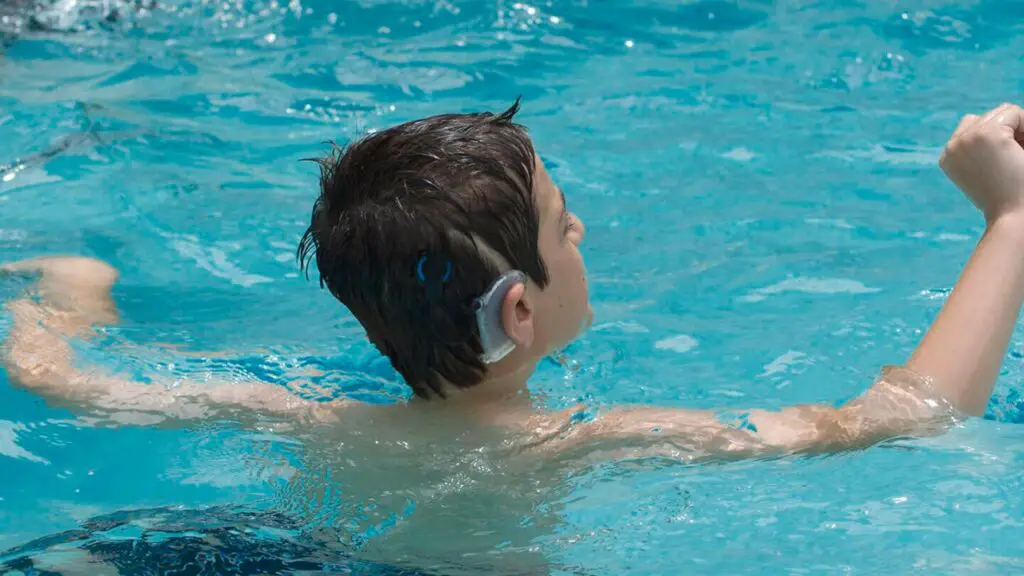
Cochlear implants are designed to help individuals with hearing loss. Understanding the ear’s structure is critical to identifying the type of hearing loss.
Conductive hearing loss occurs due to issues in the outer or middle ear, whereas sensorineural hearing loss refers to problems in the inner ear or auditory nerve.
Cochlear implants are designed to help individuals with sensorineural hearing loss. During cochlear implant surgery, an electrode array is placed inside the inner ear to stimulate the auditory nerves directly.
Although swimming with a cochlear implant is possible, you must use a waterproof cover and dry your implant immediately after use to avoid potential damage.
Cochlear implants aren’t the only medical devices that raise questions about swimming. Learn about the challenges and precautions of swimming with a Foley catheter.
Benefits of Cochlear Implants
Cochlear implants offer many benefits, including enhanced speech and language development. Patients can also enjoy improved sound quality and have more freedom in their lifestyles.
Cochlear implant patients can swim and participate in water activities with proper care and maintenance.
Cochlear implants have significantly improved over the years, and their technology now offers a greater sense of sound, allowing people to hear more naturally. Cochlear implants have helped many people regain hearing and live more fulfilling lives.
It is essential to discuss the options available with a healthcare professional to determine whether this technology is right for you.
Can Cochlear Implant Users Swim?
Cochlear implants help to restore hearing loss and are, therefore, precious devices. Users often ask if they can swim while wearing them.
The good news is that many cochlear implants are water-resistant and can withstand occasional splashes and rain.
However, it is important to note that some risks are still involved. For instance, there is always the possibility of water entering the internal components of the implant and causing damage.
It is, therefore, essential to take extra precautions while swimming.
You may want to use a waterproof cover or wear a shower cap to help keep the device dry. Remember, it is always better to be safe than sorry.
Precautions to Consider When Swimming With Cochlear Implants
Swimming with a cochlear implant is possible with a few precautions. Waterproof accessories such as covers, clips, and headbands can protect the implant from water damage.
Before swimming, remove the external processor and dry the implant area. Afterward, carefully clean the implant to avoid infections.
Maintaining the implant is essential for proper functioning, as regular check-ups are necessary. However, not all implants are waterproof, so checking with your audiologist before swimming is vital. Protecting the implant is crucial as it can be expensive to replace.
By taking these precautions, you can enjoy the benefits of swimming while maintaining your hearing.
Ensuring safety while swimming with medical conditions or concerns is crucial. Discover the guidelines for swimming with an open wound and how to protect yourself.
Essential Safety Tips For Swimming With A Cochlear Implant
Swimming is fun; there are ways to enjoy it with a cochlear implant. Properly using a waterproof headband or cover for the cochlear implant processor is essential to ensure safety.
Swimming in pools with proper water treatment and pH levels is advisable to prevent infections.
Before swimming in open water, it is essential to consider factors such as water currents, temperature, and visibility. One can enjoy swimming without any hindrance by being cautious and taking necessary precautions.
Taking necessary precautions can lead to a successful swim with the cochlear implant.
Tips for Enjoying Your Experience
Swimming with a cochlear implant is entirely possible with proper care and preparation. Joining a swimming club for people with cochlear implants is a great way to learn tips for enjoying your experience.
Before entering the water, it’s crucial to prepare yourself by ensuring your implant is secure and waterproof.
It’s also essential to communicate with others, let them know you have a cochlear implant, and ensure they understand how to communicate with you if necessary.
Everyone’s experiences may differ, so take your time and don’t hesitate to ask for help.
With these tips, you can enjoy swimming with your cochlear implant and experience the joys of being in the water like everyone else.
Post-Swim Maintenance Tips for Your Cochlear Implant
Swimming with cochlear implants is possible, but it requires some post-swim maintenance. One of the most important things is thoroughly drying the implant area.
This can be done by gently dabbing the area with a soft towel or using a hairdryer on low heat.
Additionally, it’s essential to clean the area around the implant using a cotton swab and rubbing alcohol. You should also ensure proper use of the cochlear implant, following the instructions given by your audiologist.
With these simple tips, you can continue to enjoy swimming and keep your cochlear implant in good condition.
Potential Damages to Look Out for After Swimming
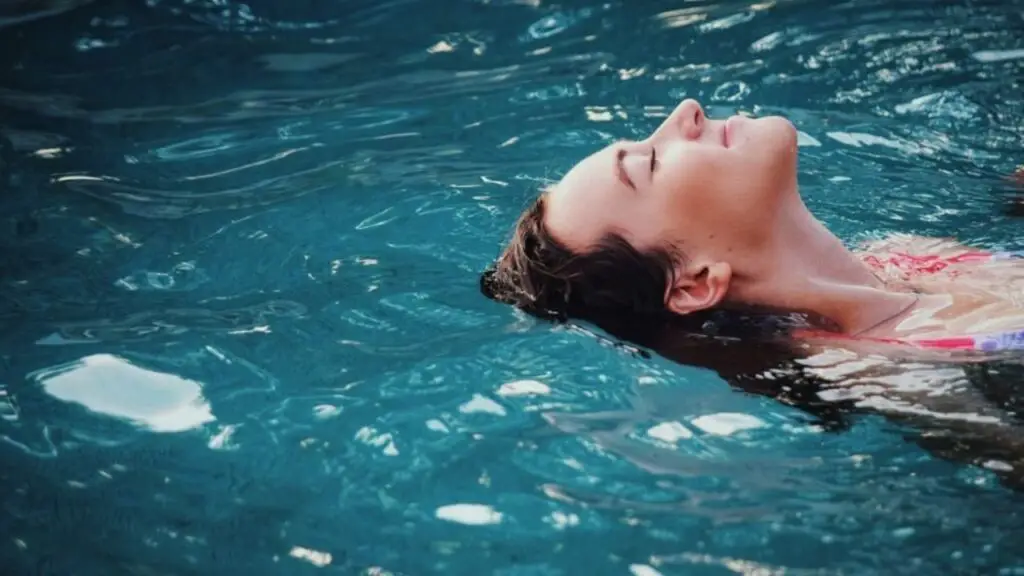
Swimming with a cochlear implant is possible, but there are potential damages to watch out for. The most common problems to look out for include water damage, corrosion, and condensation.
It is essential to identify damage early on and explore repair options.
Regular follow-up check-ups are essential to ensure the implant is functioning correctly. When swimming, it is important to use waterproof covers to protect the implant and to avoid diving or jumping into the water, as this can cause damage.
Taking proper precautions allows those with cochlear implants to enjoy swimming and other water-based activities without fear of damaging their device.
Managing diabetes while enjoying water activities can be challenging. Understand the guidelines for swimming with a continuous glucose monitor and stay informed.
Frequently Asked Questions
Can You Swim With Cochlear Implants?
You can swim with cochlear implants, but precautions must be taken to prevent water from damaging the device.
Can Water Damage Cochlear Implants?
Yes, water can damage cochlear implants. Taking precautions such as using a waterproof cover or removing the device before swimming is essential.
How Do I Protect My Cochlear Implant While Swimming?
You can use a waterproof cover designed for cochlear implants to prevent water from damaging the device. Alternatively, you can remove the device before swimming.
Can Saltwater Harm Cochlear Implants?
Saltwater can corrode the external components of a cochlear implant. Rinse the device with fresh water after swimming in saltwater environments.
Can Chlorine Harm Cochlear Implants?
Chlorine can also corrode external components of a cochlear implant over time. Rinse the device with fresh water after swimming in chlorine-treated pools.
Conclusion
After going through this post, it’s clear that swimming with a cochlear implant is possible. However, some precautions must be taken to avoid damaging the device and ensure an enjoyable swimming experience.
Firstly, the waterproof cover provided by the implant manufacturer is a must-have to protect the device against water damage. It should be checked before every swimming session for any damage or leaks.
Secondly, it’s crucial to dry the cover and implant thoroughly after swimming.
Lastly, it’s recommended to avoid deep diving and high-impact water activities. A cochlear implant should not stop anyone from enjoying water activities such as swimming.
Taking the necessary precautions can ensure that the device is well-protected and the experience is delightful.
It’s important to consult a doctor before any water activities to gain personalized advice regarding the implant and its usage.




